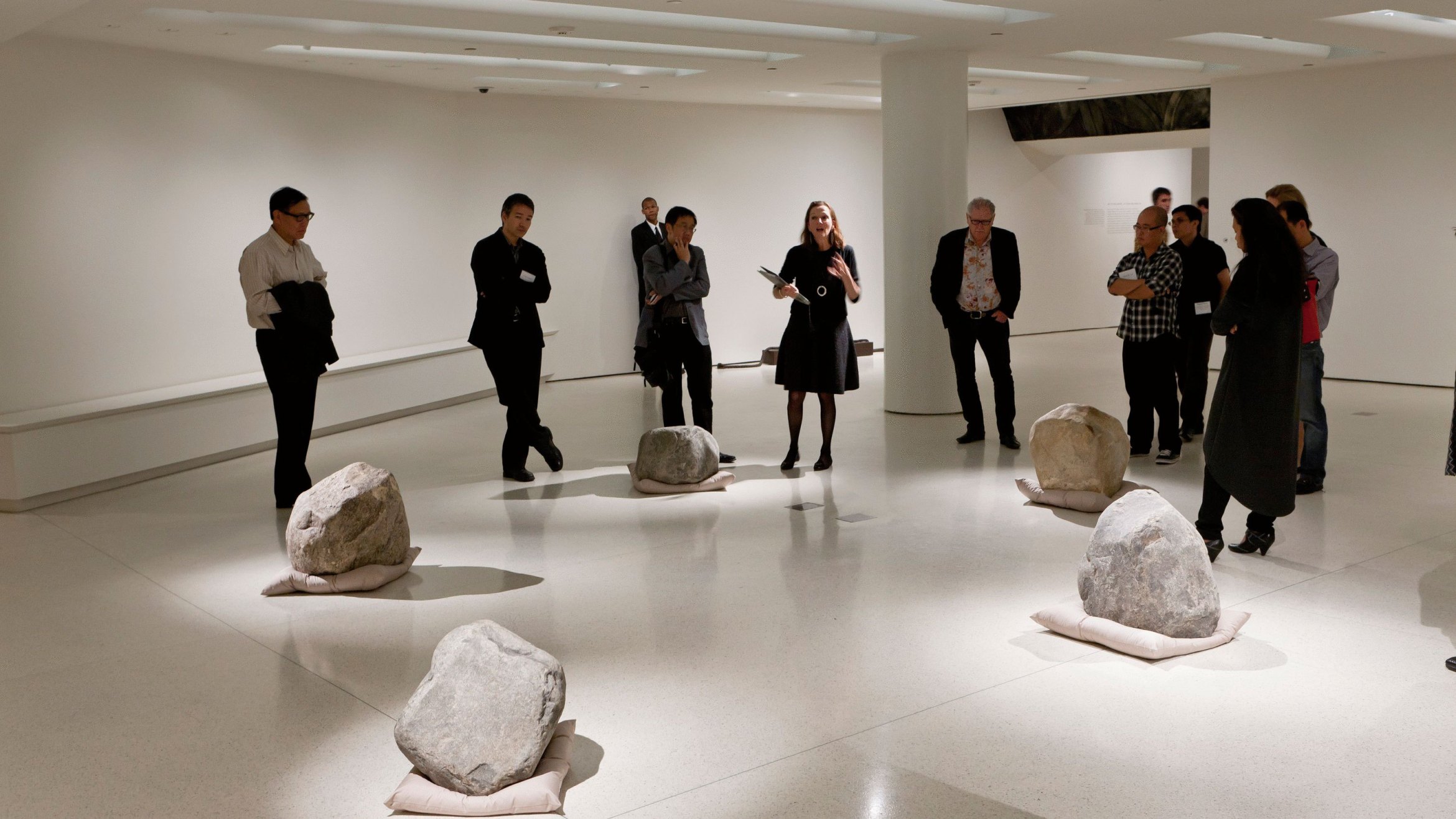Collectively known as the Smithsonian Institute, the world-renowned museum and science complex consists of 17 museums and galleries in Washington, DC.
And it has its larger sister site, the Udvar-Hazy Center. Smithsonian museums are a gateway to the most interesting facets of our world. The museum’s collection includes more than 150 million artifacts, works of art, and specimens. The best part is that you won’t have to pay a penny to enjoy it, as entry is free at every venue.
The Smithsonian labor force comprises committed men and women based in the Washington, D.C. area; New York City; Cambridge, Mass.; several other U.S. states; and the nation of Panama. The roles range from astrophysicist to security officer, art historian to zebra keeper, and science educator to software developer. The Smithsonian aims to attract and retain a dynamic workforce that is representative of America’s diversity. We are frequently ranked among the “Best Places to Work” by mid-size companies. Would you like to work for the Smithsonian? Read this blog to know more!

Career Options
Accounting and Finance

The Smithsonian has a yearly budget of about $1.2 billion, comprising of Legislative budgets, grants, and contracts; philanthropy; and revenue from our business operations.
Due to these diverse sources of funding, the Institution poses unique challenges to accounting and finance functions. Their staff has experience in both government and non-profit accounting, tax, and financial management.
The accountants must be qualified. A Bachelor’s degree in Accounting and CPA is certainly a plus. Accounting Technicians are also employed by the accounting office in accounts receivable/payable, payroll, and cash management.
Administration
A company with the size and diversity of the Smithsonian requires a large, competent, and imaginative administrative staff to keep things going smoothly. Many of these “office” positions are unique to Smithsonian work environments and deliver demanding assignments.
Administrative roles vary from entry-level clerical staff to program and project managers, administrative officers, administrative assistants, and associate directors overseeing multi-million dollar budgets and activities for large agencies or museums.
Archivist
Archivists must have a Bachelor’s degree, which includes 30 credits in history or related subjects. Archive Technicians should have some knowledge of the subject of the archives. Training or courses in archival research are a plus.
Collections Management
Collections Managers and their employees have trained in the area of gathering and learning on the job and through workshops and other educational activities to stay up-to-date with the latest trends in treatment and record-keeping.
Curator
The curators are responsible for the welfare and analysis of objects or specimens within their collection section. They also make recommendations for acquisitions and evaluate the collection through published works, public presentations to both academic and general audiences, and exhibits.
Museum Educator
Museum educators create a range of interpretive approaches that support collection-based research, as well as educational research and learning theories that educate and encourage museum audiences of all ages.
Museum educators promote active engagement with museum collections by developing immersive learning environments, workshops, online seminars, and public programs, as well as pre- and post-visual programs.
Other Tips
Many graduate programs require internships, but they can also be done on a voluntary basis. Participating in a museum internship program would greatly increase the job prospects for students, according to the U.S. Bureau of Labor Statistics (BLS).
Aspiring museum curators have been employed in lower-level positions for a few years after finishing their studies. Work experience as an Assistant or Research Associate will help future curators learn the practical skills they need for land-based leadership roles in this competitive field.
Conclusion
There are other job options for you to choose from. In conclusion, if you wish to work in this field, you need to have a background in these major categories.
Also read – Museum Education Officer: Get a Great Job












